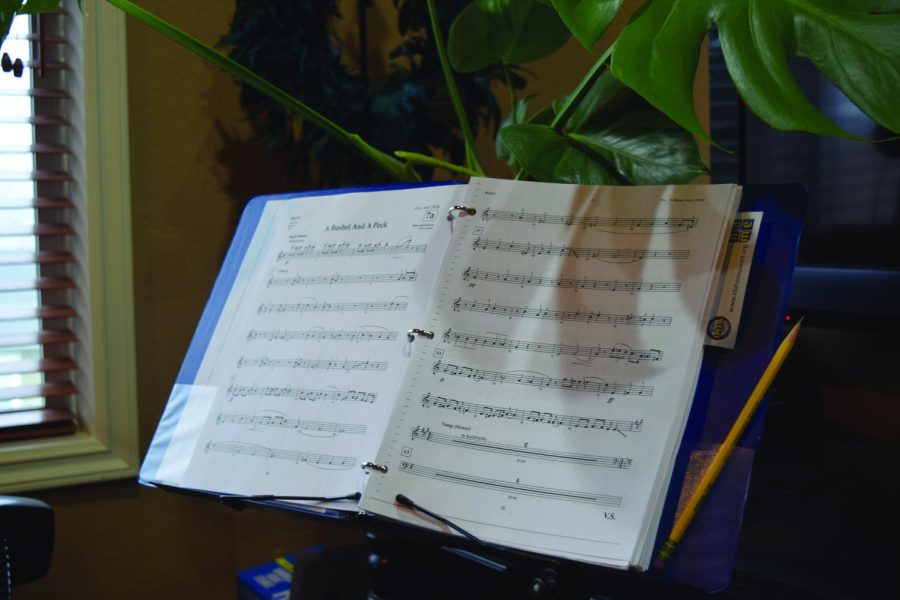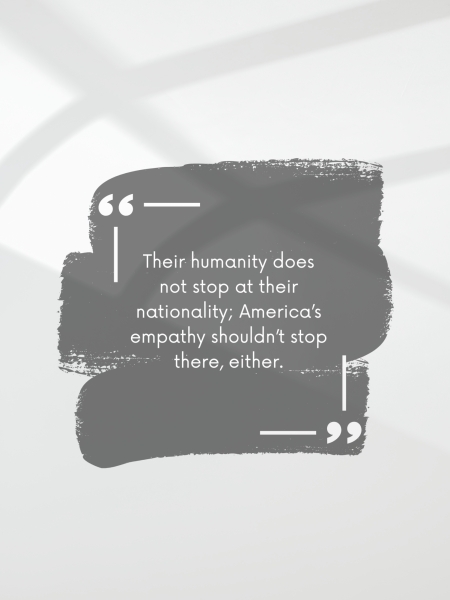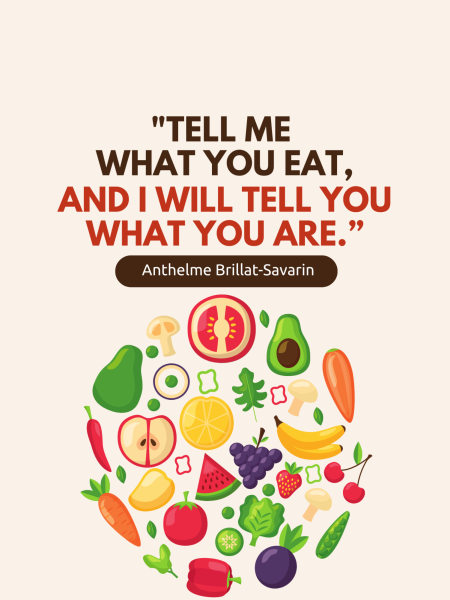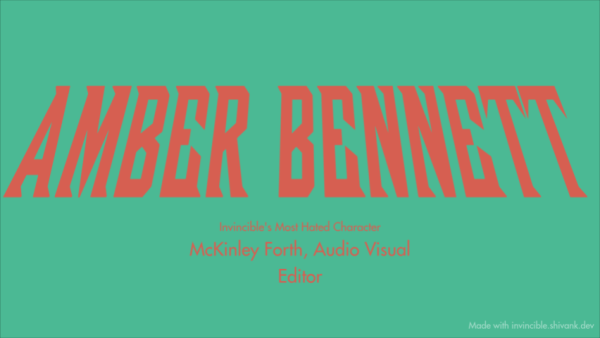Music beneficial to individuals and society
It is often said that music and math are the two universal languages. They transcend the barriers set up by modern societies that separate people and cultures worldwide by connecting them. So the question is, why is math considered exponentially more important in education than music? Math is a core subject in schools, while not a single credit of music is required for graduation. Subjects deemed less important tend to get brushed to the side in favor of meeting requirements.
Because of its physical effect on individuals, its social and emotional importance, and its relevance in society, music should be a core subject in school.
Several studies have shown that music impacts the brain in a significant way. In a high-stakes world where people are riddled with anxiety, depression and other forms of mental illness, music is a necessity. Listening to or making a tune helps increase blood flow to the limbic system when the ears perceive it.
The limbic system deals with the processing of memory and emotions. In this way, music helps to elevate the mood, reduce stress and stimulate memories. Psychological tools such as mnemonic devices exemplify the importance of music in terms of memory. The sound also aids in the management of pain and can even relieve symptoms of depression.
In children, music contributes to an enriched environment, accelerating brain development, enhancing sound processing skills, and strengthening language development and speech perception abilities.
The effect of music on the body and brain goes far beyond enjoyment of a melody or singing along to a favorite song in the car. The beneficial responses of musicality supplement the body with a natural stress relief response and provide the brain with an internally focused environment.
It has been shown that music improves academic performance through the aforementioned benefits, like stress reduction and increased focus, but it also provides other advantages.
Music programs can advance social skills in a number of ways. They help people get involved in activities outside their comfort zones, which is important for any person. This pushes students to be more well-rounded, allowing them to reap the benefits that music so readily provides.
In addition, music is a healthy, creative outlet. It gives kids and adults alike a way to express emotion and to communicate when words fail to convey the complexity of the human condition. Even just listening to music helps people connect with one another by bonding over similar music tastes or trying something new.
Music is a big part of today’s culture. The music industry is currently worth about $25.9 billion and is an economic driver for many communities, not to mention the social significance it exhibits. As previously mentioned, music is one of the universal languages that connects people across cultures.
Most people listen to music daily. Whether it be in the car on the way to work or school or doing homework in a coffee shop or the library, music is a staple. The best movies have the greatest soundtracks and the best memories are the ones that can be tied to a song. How many have heard a parent or grandparent say something along the lines of “This takes me back” when a song from the 1980s comes on? Music is the not-so-subtle backing track to daily life.
Music can also be indicative of changes in eras, from societal trends to historical events. Like fashion, styles of music can come and go. For example, when people think of the 1970s, they think of disco, whereas the 1980s conjure rock or glam metal.
During the Vietnam war, songs were written from both sides of the American involvement debate, helping people express their opinions and views on important issues of the time. This remains true today with songs about freedom and the current state of America. In either case, music is an essential outlet for humanity to express itself.
A term often used in literature is “the human condition,” described as everything it means to be human. What limits the human race? What connects it? Birth, death and the scary stuff in between. Creative outlets such as art, literature and music help to try to make sense of it. In the same way that a favorite book or poem can bring on intense emotion, music can help to comprehend it. Because of its physical benefits, social and emotional impact and cultural significance, music should be considered a subject of vital importance.






